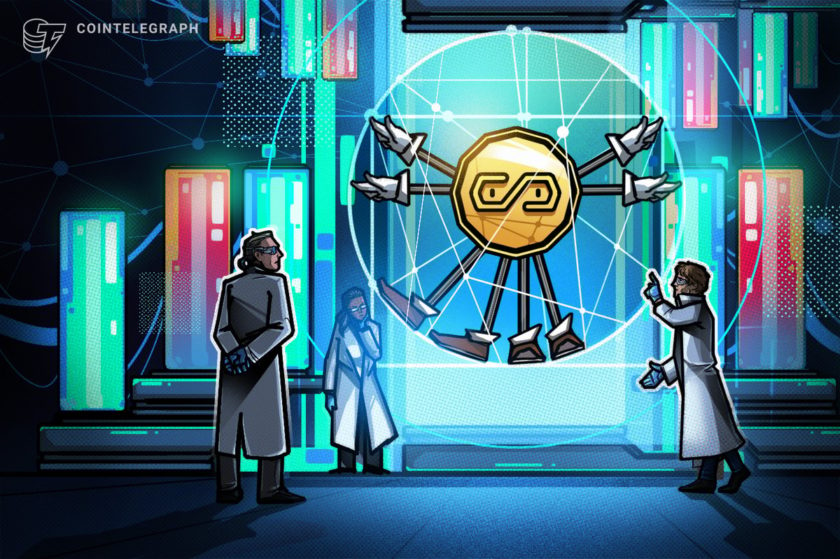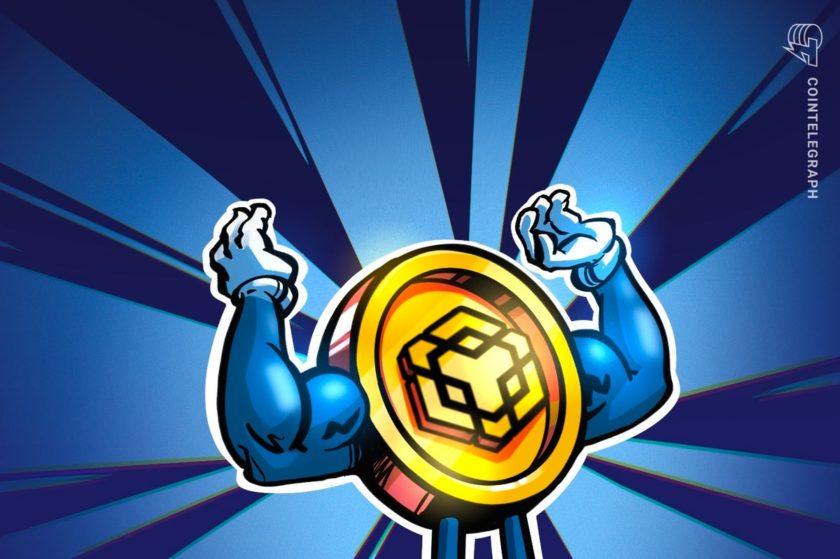Blockchain Startup Chain Acquired by Stellar-Backed Interstellar
September 10, 2018 by Ian Edwards
Visa-backed startup Chain announced on September 10th that it had been acquired by Lightyear Corporation, a for-profit company created last year with the support of the Stellar Development Foundation. Interstellar, as the new company will be known, plans to integrate private blockchains with Stellar’s public network.
Also see: Paul Wasensteiner: Why We Started the Bitcoin Cash Association
Subscribe to the Bitsonline YouTube channel for great videos featuring industry insiders & experts
Stellar Development Foundation to Remain Independent
The news was delivered via blogpost on the new Interstellar company’s website, which Lightyear.io now redirects to. The new company will integrate San Francisco-based Chain’s enterprise product offerings, which include a private distributed ledger management system called Sequence, with Stellar’s protocol.
Jed McCaleb, founder of Stellar as well as the infamous Mt. Gox bitcoin exchange, will serve as CTO of Interstellar, while Chain’s CEO Adam Ludwin will become CEO of the new firm. The Stellar Development Foundation, the Delaware-registered corporation which develops the Stellar protocol and manages the open source community, will remain independent after the deal, though Jed McCaleb will remain a member of the foundation.
Ludwin told Reuters that:
“We were looking for a way to help our customers move the projects that we have been working on from a private network to a public one. When we started a few years ago, our customers were not ready for a public network. Fast forward to three years, they’re willingness has gone up, and the maturity of the public networks has changed a lot.”
Chain Riding High
The financial terms of the deal were not disclosed, but Ludwin said that Chain’s investors, which included firms such as Blockchain Capital, Pantera Capital, Visa, Citi Ventures, and Khosla Ventures, among others, were cashed out. More than $40 million USD had been raised by Chain up to this point, according to reports.
News of a potential acquisition of Chain by Stellar for $500 million had first surfaced in an unconfirmed report from Fortune last June. That report had held that the acquisition price for Chain would be paid for in Stellar’s native cryptocurrency, lumens (XLM), but this is still unconfirmed.
Chain has already been involved in a partnership with financial firm Visa for a pilot cross-border payment system called B2B Connect. A pilot phase of that project launched in November of last year and involved American, Singaporean, South Korean, and Philippine banks. In January, the Philippine Daily Inquirer reported that Philippines-based UnionBank had successfully tested the system. A second phase of the project was slated to take place in the third quarter of 2018, though it’s unclear if it will still take place now.
Chain has also been active on the conference circuit this year. In July, Dan Robinson, a product architect for Chain, appeared at Cryptofest in Montreal, where he discussed the Ivy programming language which was developed by the firm.
Stellar Scores Another Win
The Interstellar deal follows another positive development involving Stellar. In early September, IBM announced it was building an international payments system called Blockchain World Wire, which allows for money to be transferred between banks and money transfer operators using Stellar’s protocol. The ability of companies using Chain’s Sequence product – which will likely be continued with Interstellar – to integrate themselves into the Word Wire system seems like to boost Stellar adoption.
Additionally, an unconfirmed August report held that Facebook had met with Stellar to discuss the development of an internal Facebook payment system. The social media firm was supposedly considering creating a new fork of Stellar, though Facebook denied the news.
With XLM Still Down Even With Greater Adoption, Is A New Trend Forming?
However, the market price of Stellar’s native token, XLM, hasn’t seen any positive price action due to the recent developments. XLM is down around four percent in the last 24 hours, sitting at around 19 cents USD at press time. And since the announcement of the IBM deal, which occurred on September 4th, the crypto has fallen 14 percent.
It’s possible that crypto investors don’t necessarily think that the adoption of Stellar’s protocol will necessarily lead to an increase in price in XLM. A recent article by Jeremy Rubin made a similar claim about ether, the native cryptocurrency of Ethereum, in arguing that the Ethereum network could be successful without ETH increasing in value. ETH has had a brutal year on the markets, with its price at levels not seen since 2017.
Have your say. Can Interstellar be a gamechanger? Let us know where you stand in the comments below.
Images via Pixabay, Ripple News Tech




